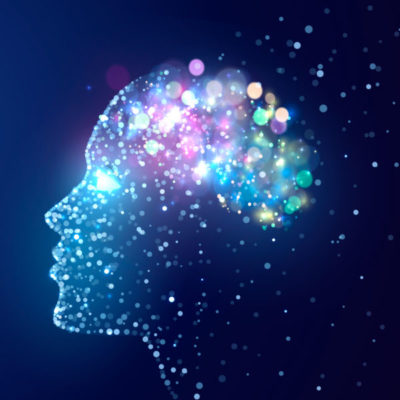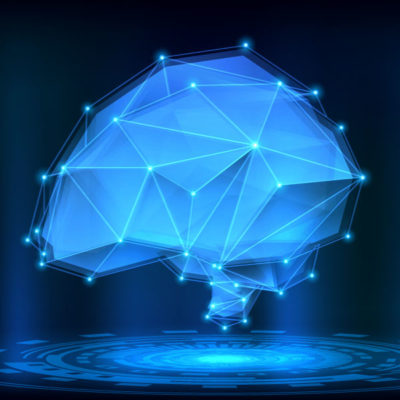𝐖𝐞 𝐜𝐮𝐫𝐫𝐞𝐧𝐭𝐥𝐲 𝐡𝐚𝐯𝐞 𝐚𝐧 𝐨𝐩𝐞𝐧 𝐏𝐡𝐃 𝐩𝐨𝐬𝐢𝐭𝐢𝐨𝐧 𝐢𝐧 𝐭𝐡𝐞 𝐥𝐚𝐛. 𝐈𝐧𝐭𝐞𝐫𝐞𝐬𝐭𝐞𝐝? 𝐂𝐥𝐢𝐜𝐤 𝐜𝐨𝐧𝐭𝐚𝐜𝐭 𝐭𝐨 𝐠𝐞𝐭 𝐬𝐭𝐚𝐫𝐭𝐞𝐝.

Our lab studies how the brain encodes, stores and organizes information in memory. To help elucidate the underlying mechanisms involved, we approach these questions by focusing not only on ordinary learning circumstances but also on unique learning states – for example, during sleep, or in patients with psychiatric disorders. Among our ongoing projects, we study the way sleep assists in generalizing individual experiences into memory patterns; how sleep helps to induce insight and creativity but also falters by producing false memories; and how it contributes to the unwarranted consolidation of fearful experiences, potentially leading to the development of post traumatic stress disorder. Other topics of interest include linguistic learning and semantic memory, and aberrant thought processes in schizophrenia.
The lab incorporates various empirical and theoretical techniques to investigate our research questions. These include: (a) Behavioral experimentation in humans using cognitive tasks that probe memory and learning; (b) EEG measurements of sleep using in-lab state-of-the-art sleep polysomnography as well as mobile monitoring of sleep at home based on single-channel EEG devices for self-use; (c) fMRI imaging of the brain in collaboration with the University of Health Science Center at San Antonio; and (d) Computational modeling employing neural network simulations of memory circuits in the brain.
